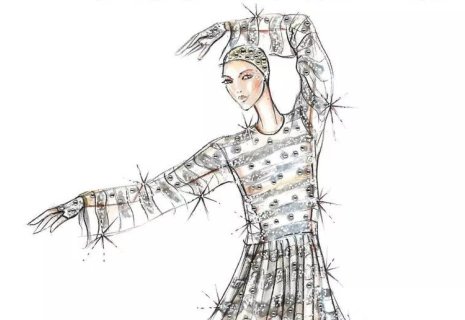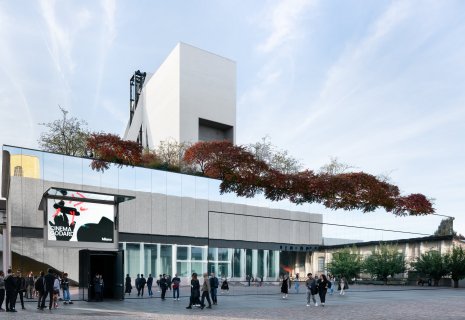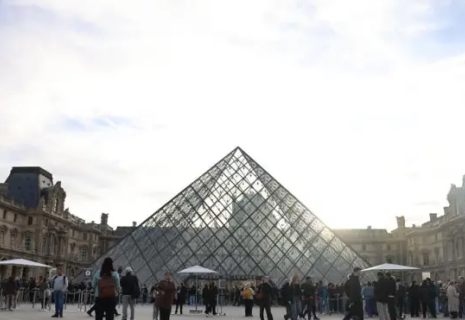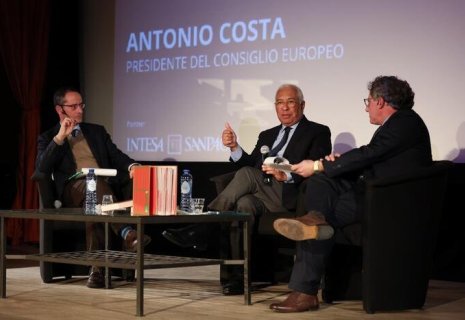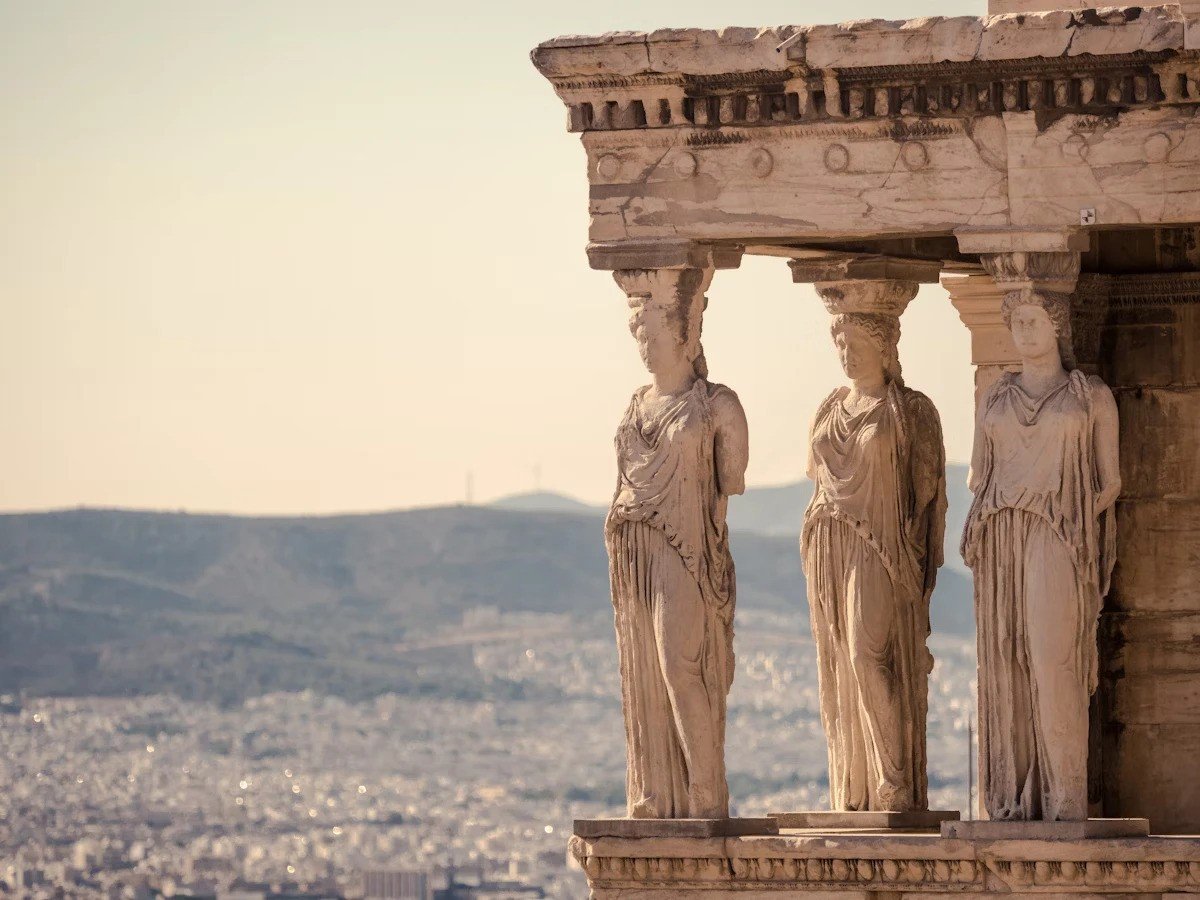
The Rich Tapestry of Greek History
The Rich Tapestry of Greek History
From the Minoan and Mycenaean civilizations to the classical Hellenistic period, Greece's history spans millennia. Each era has left behind unique architectural, artistic, and cultural artifacts. Excavations at sites such as Knossos, Mycenae, and Pylos have revealed palaces, frescoes, and Linear B tablets, providing invaluable insights into early Greek societies.
The Classical period, marked by the flourishing of city-states like Athens and Sparta, has also yielded iconic finds. The Acropolis of Athens, with its Parthenon and other temples, continues to be a major site of study and preservation. Similarly, the sanctuary of Olympia, the birthplace of the Olympic Games, and the oracle of Delphi have captivated archaeologists and historians alike.
Major Archaeological Sites and Discoveries
Knossos: Located on the island of Crete, Knossos is a centerpiece of Minoan civilization. Excavations by Sir Arthur Evans in the early 20th century revealed the Palace of Knossos, famous for its complex architecture and vibrant frescoes depicting scenes of daily life, religious rituals, and nature.
Mycenae: Discovered by Heinrich Schliemann in the late 19th century, Mycenae is a key site of the Mycenaean civilization. Highlights include the Lion Gate, the Grave Circles, and the treasures found within, such as the golden Mask of Agamemnon.
Delphi: Known as the center of the ancient world, Delphi was home to the Oracle of Apollo. Excavations have uncovered the Temple of Apollo, the theater, and the treasuries, which housed offerings from city-states across Greece.
Vergina: In northern Greece, the discovery of royal tombs at Vergina in 1977, attributed to the Macedonian kings, is one of the most significant finds. The richly adorned tomb of Philip II, father of Alexander the Great, provides a glimpse into the wealth and artistry of the ancient Macedonian kingdom.
Modern Archaeological Practices in Greece
Archaeological methods in Greece have evolved significantly, combining traditional techniques with advanced technologies such as ground-penetrating radar, 3D modeling, and chemical analysis. These tools help archaeologists uncover hidden structures, analyze ancient materials, and reconstruct historical contexts with greater accuracy.
Collaboration with international institutions and the Greek Ministry of Culture ensures that excavation projects adhere to ethical and preservation standards. Efforts to engage local communities and integrate findings into educational programs further highlight the relevance of archaeology to modern society.
The Impact of Greek Archaeology
The discoveries made in Greece have profoundly influenced our understanding of ancient history and cultural heritage. Artifacts unearthed in the region are displayed in world-class museums, including the National Archaeological Museum in Athens and the Heraklion Archaeological Museum in Crete, drawing millions of visitors annually.
Moreover, Greek archaeology underscores the importance of preserving historical sites in the face of challenges such as urban development, climate change, and looting. Ongoing efforts to document and safeguard these treasures ensure that future generations can continue to explore the rich legacy of ancient Greece.






